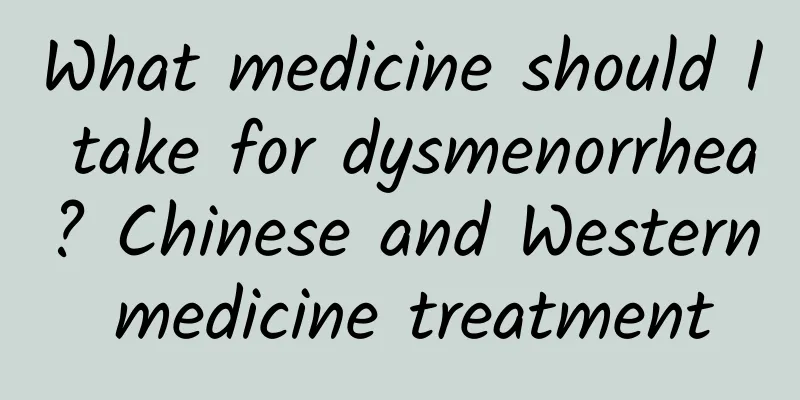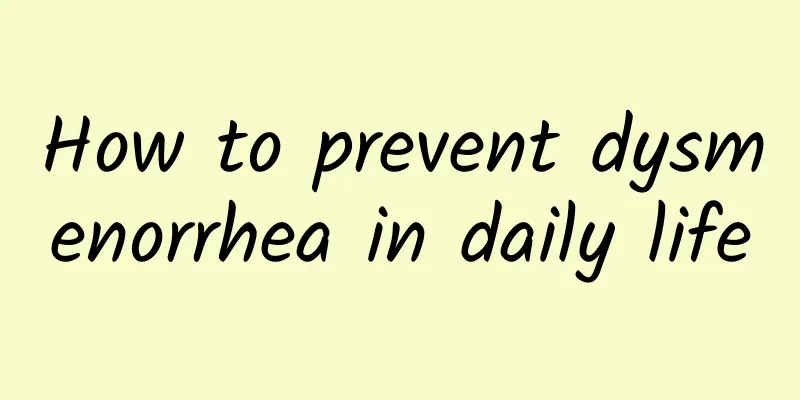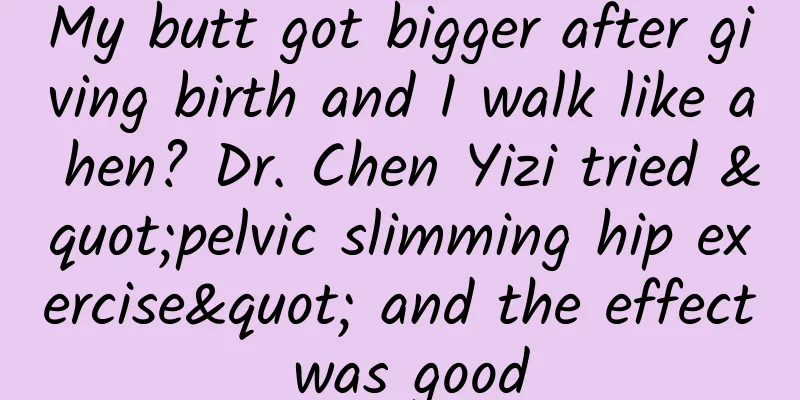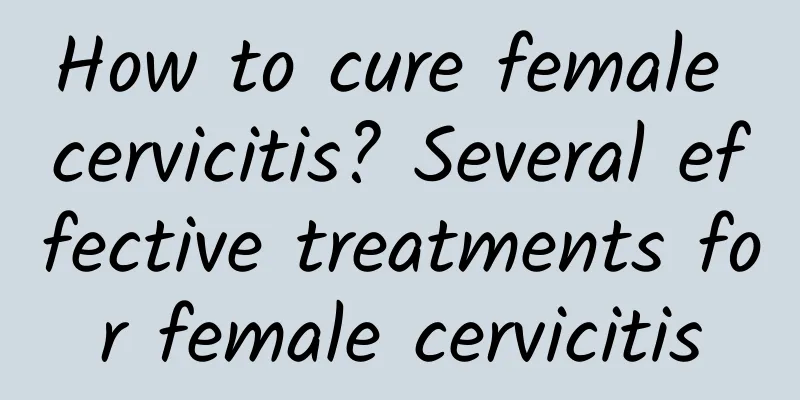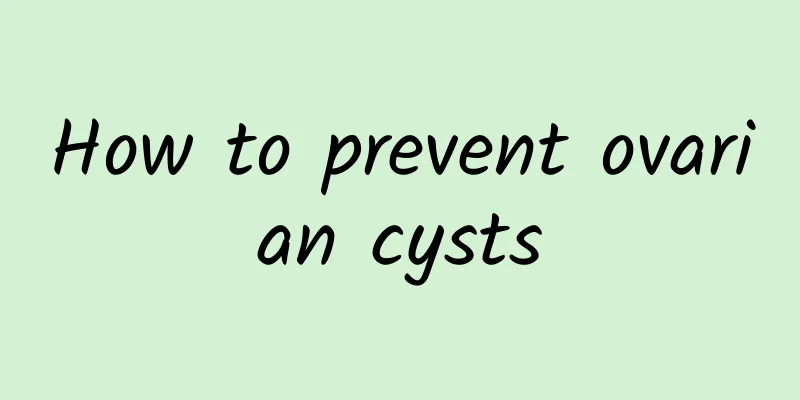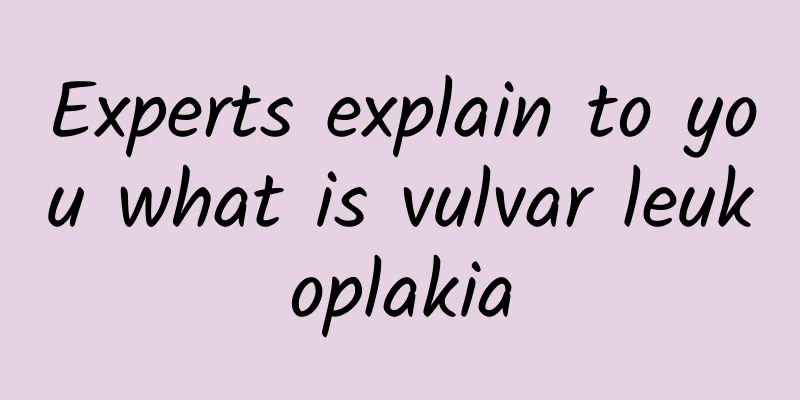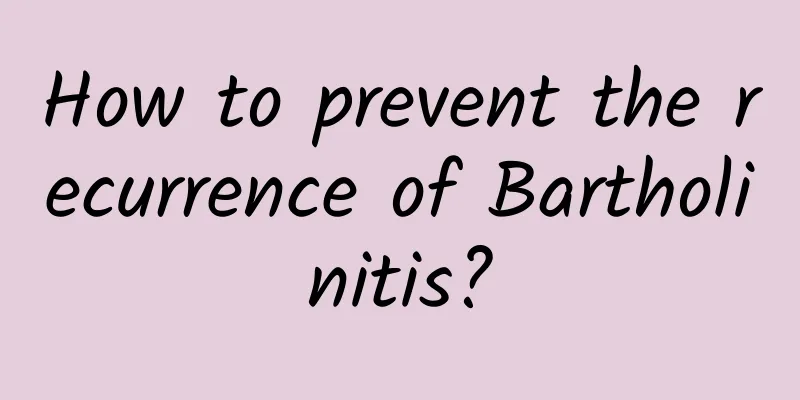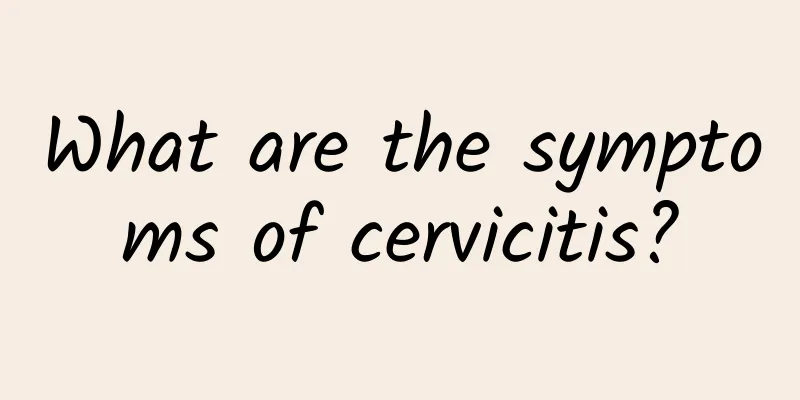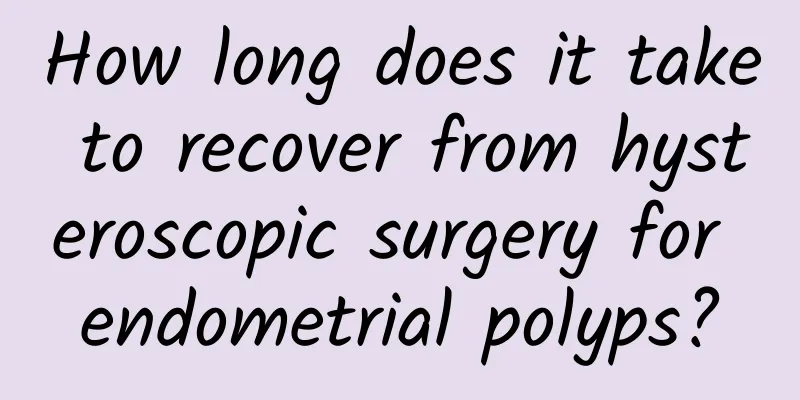What are the common treatments for ovarian cysts?
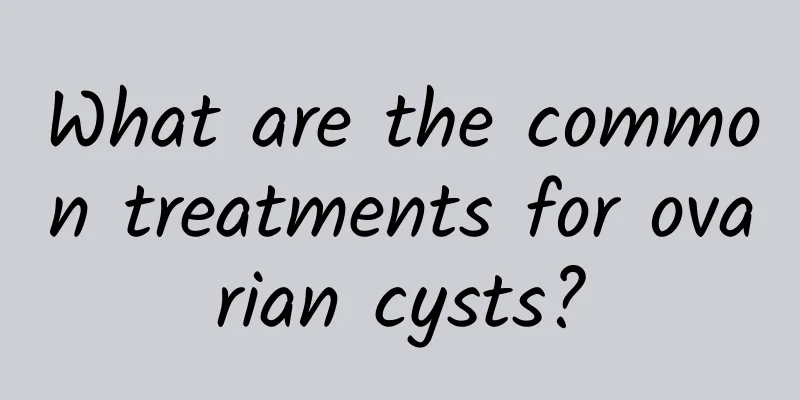
|
What are the commonly used treatments for ovarian cysts? In our lives, there are many gynecological diseases that endanger women's physical and mental health. Ovarian cysts are one of them. The occurrence of this disease can cause women to feel abdominal pain, abnormal leucorrhea, postmenopausal bleeding and other symptoms. Moreover, ovarian cysts have a long course and are not easy to treat. Only by choosing a correct one can we stay away from it. So, what are the common treatments for ovarian cysts? Here is a brief introduction. Surgical treatment of ovarian cysts: Ovariectomy of the affected fallopian tubes, bilateral oophorectomy, appendectomy and total hysterectomy are common methods for treating ovarian cysts. After surgery, the tumor will recur and grow again. Therefore, except for those who have organ removal, most people who have ovarian cysts removed may still have recurrence. Moreover, the surgery is traumatic, the patient suffers a lot, and there is a possibility of complications after surgery. Traditional Chinese medicine treatment of ovarian cysts: At present, although traditional Chinese medicine treatment of ovarian cysts has made some breakthrough progress, most common liquid cysts can be controlled or alleviated after a period of traditional Chinese medicine treatment. However, the efficacy of traditional Chinese medicine in treating ovarian cysts mostly stays on the relief of surface symptoms. It is difficult to perform radical treatment on ovarian cysts. Many patients experience repeated attacks of this disease during treatment, and a small number of patients relapse after treatment, which has a great impact on their lives. Interventional treatment of ovarian cysts: This is the most advanced method for treating ovarian cysts. The treatment of ovarian cysts does not require surgery, and recurrence after treatment is less traumatic. While treating the disease, it can satisfy the beauty of patients with ovarian cysts to the greatest extent. Ultrasound interventional treatment is an advanced medical method for treating various cysts. It is a method of directly puncturing the pathological tissue under ultrasound guidance and injecting special drugs to cause the pathological tissue to quickly dehydrate, degenerate, necrotize, and atrophy. Dietary treatment of ovarian cysts: Food is the most important. Patients with ovarian cysts must pay great attention to it after surgery and arrange their diet scientifically and rationally. A reasonable diet helps speed up recovery. In addition, since ovarian cysts may recur after surgery, patients and friends are advised to go to the hospital for a follow-up examination in time. Patients and friends should maintain a good mood, which is very helpful for physical recovery. Family members and friends should pay more attention to patients and help them recover as soon as possible. The above is an introduction to "Common Treatment Methods for Ovarian Cysts", I hope it will be helpful to you. In addition, in the treatment of ovarian cysts, patients should pay attention to the daily care of the disease, exercise more, eat more fruits and vegetables, and avoid bad emotions. Only in this way can a good effect be achieved. |
<<: What are the treatments for ovarian cysts?
>>: How much does a painless abortion cost?
Recommend
What are the best dietary treatments for cervicitis in women? Women with cervicitis can try three dietary treatments
Cervicitis is a gynecological disease that is ver...
Will irregular menstruation prevent pregnancy?
Irregular menstruation may affect fertility becau...
Seo In Guk's boiled egg diet may cause muscle loss
Well-known Korean actor Seo In Guk played the rol...
How to replenish the body after miscarriage? When is the best time to replenish the body after miscarriage?
Many female friends often go to the hospital for ...
It is important to take good care of ovarian cysts in life
Because the care of ovarian cysts is also to bett...
What are the symptoms of cervical hypertrophy?
In today's society, many women are prone to c...
What should I do if my menstrual flow is heavy?
What should I do if my menstrual flow is heavy? M...
Patients with uterine fibroids should avoid consuming red dates and coffee
There are two foods that patients with uterine fi...
What are the symptoms of irregular menstruation
Many women are not particularly familiar with the...
What are the treatments for pelvic effusion?
What are the treatments for pelvic effusion? The ...
What is the normal range of pelvic effusion?
What is the normal range of pelvic effusion? The ...
Is it okay to wear a condom during intercourse the day before an abortion?
It is not recommended to have sex with a condom t...
How to regulate endometrial thickness
Endometrial thickening, also known as endometrial...
Is bacterial vaginosis harmful to women?
Many female friends do not know much about bacter...
Will the ovarian cyst in the newborn be completely absorbed?
Neonatal ovarian cysts usually resolve completely...
